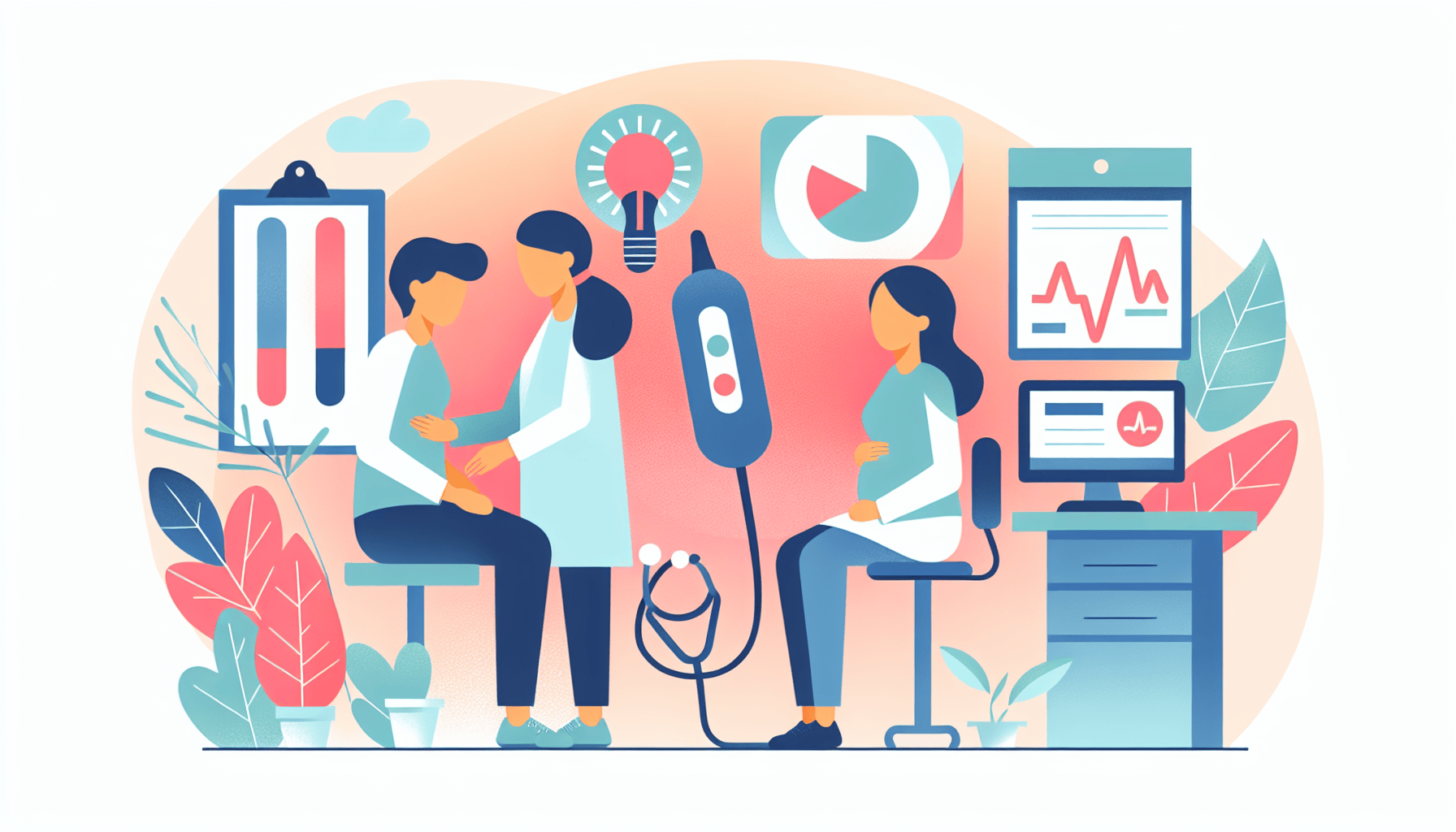When you're pregnant, prenatal tests play a crucial role in monitoring your health and your baby's development. These tests can help detect potential problems, such as birth defects or genetic disorders, allowing you to make informed decisions about your pregnancy and your baby's care. In this article, we'll explore the various types of prenatal tests and what you need to know to ensure a healthy pregnancy.
Routine Prenatal Tests
Throughout your pregnancy, you'll undergo routine exams to monitor your health. These tests include:
Blood and urine tests to screen for conditions like anemia, diabetes, and preeclampsia
Pap smear to check for cervical cancer
Group B Strep screening to test for bacteria that can harm your baby during delivery
Ultrasound to assess your baby's growth and development
Prenatal Genetic Tests
In addition to routine tests, your doctor may recommend genetic screening or diagnostic tests to check for specific genetic disorders or birth defects. These tests are especially important if you have certain risk factors, such as:
Being over age 35
Having a family history of genetic disorders
Having a medical condition like diabetes or high blood pressure
Having had previous miscarriages or stillbirths
Genetic Screening Tests
Genetic screening tests can help determine if your baby has a higher risk of certain genetic disorders or birth defects. These tests include:
Carrier testing to check if you or your partner carry genes for specific genetic diseases
Cell-free fetal DNA testing to screen for Down syndrome and other chromosomal abnormalities
Integrated or sequential screening, which combines ultrasound and blood tests to assess your baby's risk for Down syndrome and spina bifida
Triple or quadruple screening to measure hormones and proteins in your blood that may indicate a higher risk of birth defects or genetic disorders
Diagnostic Tests
If a screening test indicates a potential problem, your doctor may recommend a diagnostic test to confirm the results. These tests include:
Amniocentesis, which involves taking a sample of the amniotic fluid surrounding your baby to test for genetic disorders or birth defects
Chorionic villus sampling (CVS), which involves taking a small sample of the placenta to test for genetic conditions
Understanding Your Test Results
Prenatal test results can provide valuable information about your baby's health, but it's important to remember that no test is 100% accurate. A positive result on a screening test doesn't necessarily mean your baby will be born with a disorder. If you receive a positive result, talk to your doctor or a genetic counselor to understand what the results mean and what steps you should take next.
Questions to Ask Your Doctor
If your doctor recommends prenatal testing, consider asking the following questions:
Why do I need these tests?
What will the results tell me, and what won't they show?
How accurate are the tests?
What are the risks associated with the tests?
How much do the tests cost, and will my insurance cover them?
Prenatal tests are an essential part of ensuring a healthy pregnancy for both you and your baby. By understanding the different types of tests available and what they can reveal, you can make informed decisions about your prenatal care and prepare for the arrival of your little one.
The Bottom Line
Screening tests assess probability while diagnostic tests provide definitive answers, but timing and accuracy vary significantly between procedures. Understanding your individual risk factors helps determine which tests are most appropriate for your situation. If you're experiencing concerning symptoms like unusual bleeding or decreased fetal movement, Doctronic can connect you with healthcare providers for prompt evaluation.



